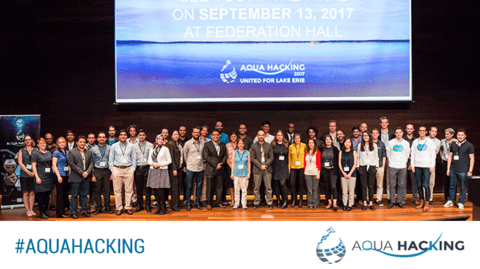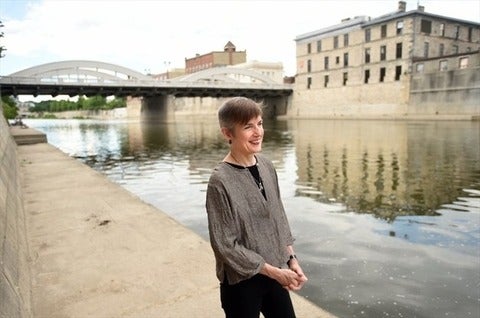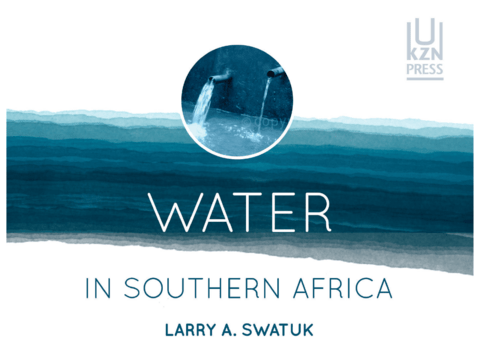Position available for Postdoctoral researcher for Global Water Futures project
Researchers leading the Agricultural Water Futures in Canada: Stressors and Solutions, a newly funded Global Water Futures (GWF) project, are seeking a Postdoctoral Researcher (PDR) to provide social science research support.







